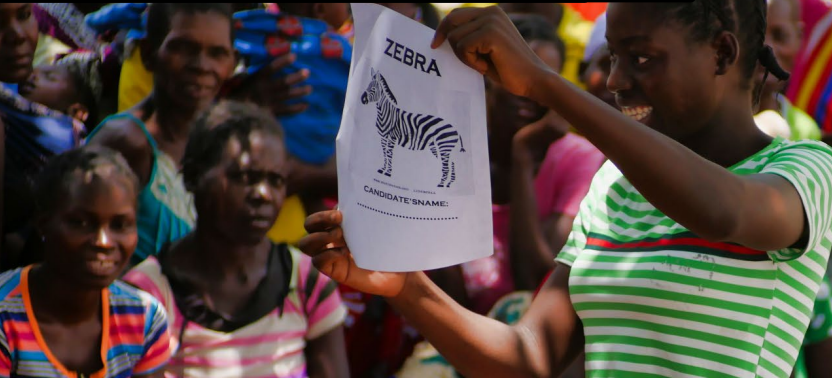Zambia Community-Based Natural Resources Management (CBNRM) Governance Manuals
Gender equality and inclusion are an integral part of Zambia’s wildlife policy framework and are the collective responsibility of all stakeholders. The Constitution of Zambia gives men and women equal rights. Similarly, the laws and policies of the nation mandate all public and private bodies to develop special measures to achieve at least 50 percent representation and attain meaningful participation of women in decision making structures (Gender Equity and Equality Act of 2015, National Gender Policy of 2014).
- Gender refers to the defined roles and responsibilities that society has assigned to a woman or man. These roles shape how women and men relate. The roles are different from one society to the other and change over time. E.g., in Zambia cooking is assigned to women and decision-making to men. Gender is different from sex which is the biological difference between women and men. E.g., falling pregnant is a biological role for women and sperm production is for men.
- Gender inequality occurs because of societal and power differences between men and women, which lead to unequal access to resources, claims, responsibilities, and decision making, among other areas. These differences between women and men manifest in the form of discrimination also called gender inequality.
- Gender equality is when men and women have equal social conditions so that they both can experience the same opportunities, rewards, and potential to contribute and benefit from natural resources.
Zambia’s Wildlife Act No. 14 of 2015 and National Parks and Wildlife Policy of 2018 both commit government to ensuring equitable and effective participation of local communities and traditional leaders in wildlife management. The policy recognizes both gender mainstreaming in wildlife conservation and creating equal opportunities and conditions for women, men, and youth to participate and benefit equally from natural resources. In National Development Plans, government commits to increasing women’s access to job opportunities in the tourism industry and other sectors.
Due to cultural and social norms, women are often marginalized with regard to access, control, benefits from, and participation in the management of natural resources. Zambia has a dual system of the law that allows statutory and customary laws to operate side by side hence, rights that women enjoy under statutory law are often ignored under cultural practices, thereby leaving women exposed to discrimination.
This Booklet provides basic information on the value of gender equality and social inclusion (GESI) and the benefits to natural resource management (NRM). It provides approaches for community governance structures such as Community Resources Boards (CRBs) to ensure that resource governance includes everyone and all can fairly benefit from wildlife resource.


